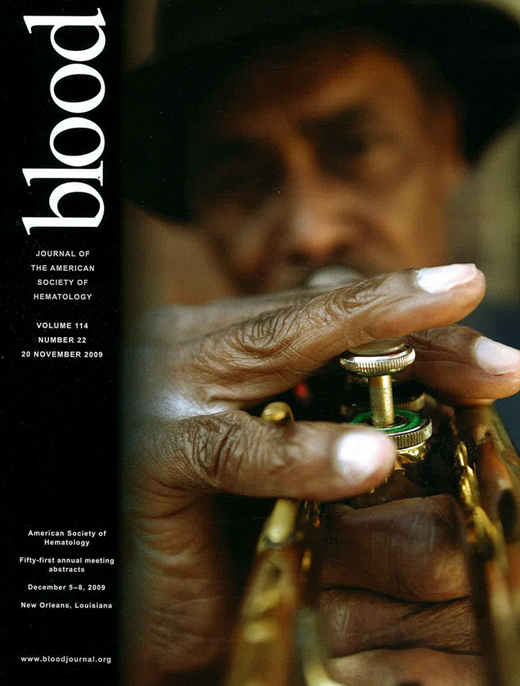Abstract
Abstract 4788
Honokiol(HNK),an active component purified from the bark of Magnolia officianlis, consists of biphenyl skeleton with phenolic and allylic functionalities. It has showed a variety of pharmacological effects. Most attraction to us among them is antitumor effect including cytotoxicity, inducing cell differentiation and apoptosis, anti-angiogenisis, inhibiting activity of enzyme and synthesis of DNA and RNA. However, the extrem water insolubility hampers it's delivering to the tumor at an effective concentration. Liposomes have previously been used as carriers for delivery of a variety of drugs and they can improve water solubility, biodistribution and metabolism of those drugs. In the present study, we encapsulated honokiol in the non-aqueous interior of the polyethyleng glycolliposome. The antitumor efficacy and its mechanism of liposomal honokiol was investigated in vivo.
The honokiol encapsulated by liposomes was preparated in our laboratory. The tumor model was established in C57BL/6 mice by injection of EL-4 lymphoma cells. When tumor became visible about seven days after injection, the mice were randomized into six groups (10 mice each group) and treated with different doses of liposomal honokiol(LH), empty liposome, Normal Saline(NS) and Adriamycin(ADM), respectively. Tumor volume and survival time were observed. Antiangiogenesis, antilymphangiogenesis and tumor proliferative index of the tumor tissues were determined by CD31, D2-40 and Ki-67 immunohistochemistry staining, meanwhile the tumor apoptosis index was measured by TUNEL method.
In mouse lymphoma model liposomal honokiol obviously inhibited the growth of tumor in dose-dependent manner. After treatment, the tumor growth inhibition rate in 10mg/kg LH group was 49.54%,meanwhile the one in 20mg/kg LH group was 66.47%.The tumor volumes in 10mg/kg LHA20mg/kg LH and 5mg/kg ADM groups were significantly different compared with NS and LIP groups(P<0.05).No difference were observed in the tumor volumes between the 5mg/kg LHANS and LIP groups(P>0.05).There is significant difference in tumor volumes between 20mg/kg LH and 5mg/kg LH groups(P<0.05).
In terms of survival investigation, the median survival time in NS and LIP groups were 30 days. No mice in these two groups were alive after the completion of study. Meanwhile the median survival time in 20mg/kg LH group was 36 days, with the survival time of 33% of mice in this group was longer than 60 days. The survival times in 10mg/kg LHA20mg/kg LH and 5mg/kg ADM groups were significantly different compared with NS and LIP groups(P<0.05).
No intolerant sideeffects in liposomal honokiol-treated groups were observed in the present study. Compared with NS group, the MVD, LMVD, apoptosis index and proliferative index in 20mg/kg LH group were significantly different(P<0.05).
In mouse lymphoma model liposomal honokiol markedly inhibited the growth of tumor, prolonged the survival time in dose-dependent manner. Liposomal honokiol exerted its inhibitory effect by blocking angiogenesis and lymphangiogenesis, inducing tumor cell apoptosis and suppressing tumor proliferation. These findings may be of importance for further exploration of the potential application of liposomal honokiol in the treatment of lymphoma.
No relevant conflicts of interest to declare.
Author notes
Asterisk with author names denotes non-ASH members.

